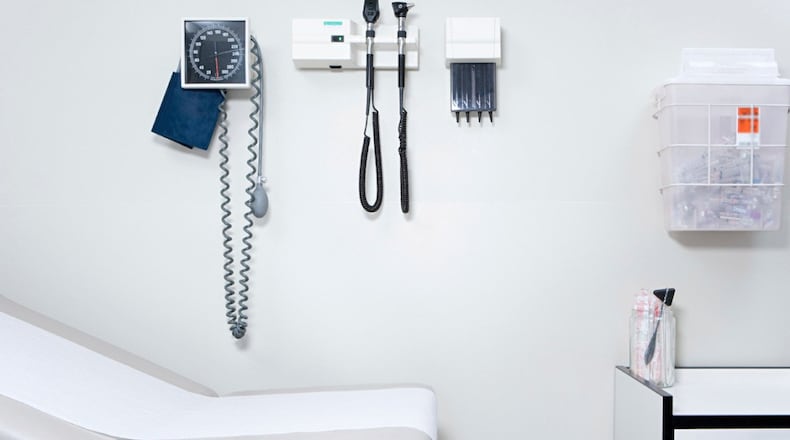“Multiple drug lists created headaches, particularly if a member changed plans and the drug name on the list of their new plan differed from the previous plan. The UPDL eliminates the need for the pharmacist to contact their doctor for a new prescription for the same drug under a different name, which could lead to delays in the member getting their prescription filled,” said Maureen Corcoran, director of Ohio Medicaid.
MORE COVERAGE
• Ohio AG sues pharmacy middleman, alleges overcharges
• CareSource announces major business change
• Ohio AG recommends pharmacy benefit overhaul
Prescribers and pharmacies will have only one preferred medication list to learn and manage, versus the previous six. It makes it easier for Medicaid members because even if they switch which insurer manages their plan, it won’t impact their medications. The unified list also streamlines the prior authorization process for many drugs.
These changes follow years of controversy over how Ohio Medicaid prescription benefits are managed. The companies that manage these benefits say they don’t just process pharmacy claims but also negotiate discounts on otherwise expensive prescription drugs.
Some lawmakers and pharmacists have accused the companies that manage pharmacy benefits of keeping too much of the money they manage, passing along too little to pharmacists, and not being transparent with how the money flows.
The new unified preferred drug list creates more transparency so lawmakers, pharmacists and other members of the public can better see how the public health insurance program spends its money. However, this policy doesn’t get to the fundamental issue how high drug prices are, said Loren Anthes, public policy fellow with Cleveland-based think tank Center for Community Solutions.
Prescription drugs are a huge area of expense for Ohio Medicaid. Department officials have the authority to create more transparency, such as this new policy, but under current law they don’t have the ability to address the foundational issue of escalating drug costs.
“It doesn’t address price but this enables the state to better translate some of those issues of cost to the public,” Anthes said.
Ohio Medicaid and the managed care plans will transition to the unified list during the first quarter of 2020.
About the Author
